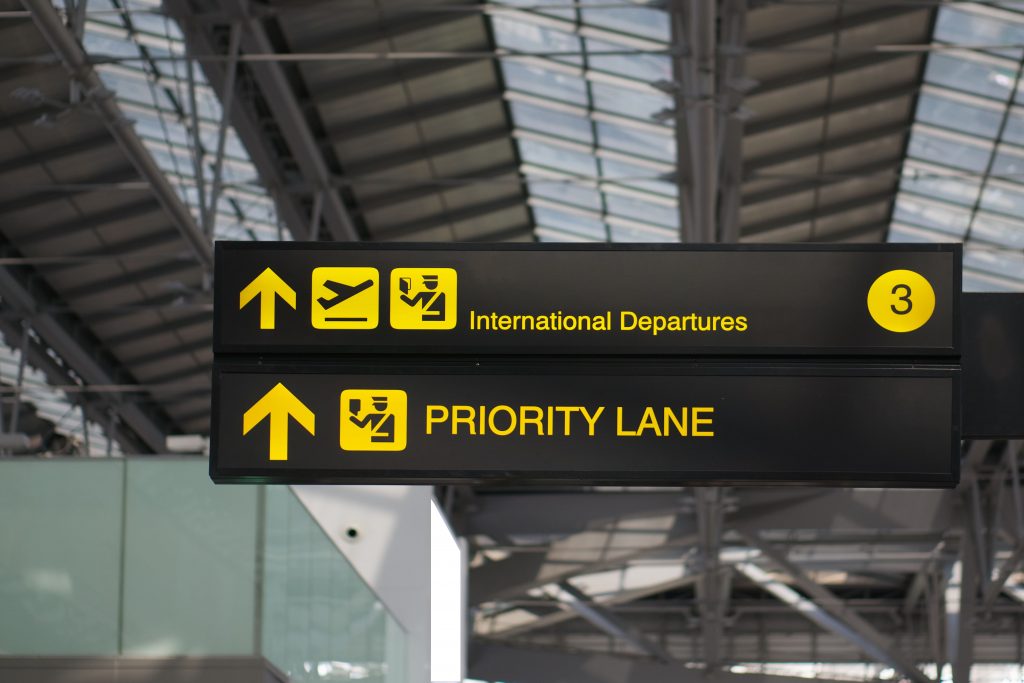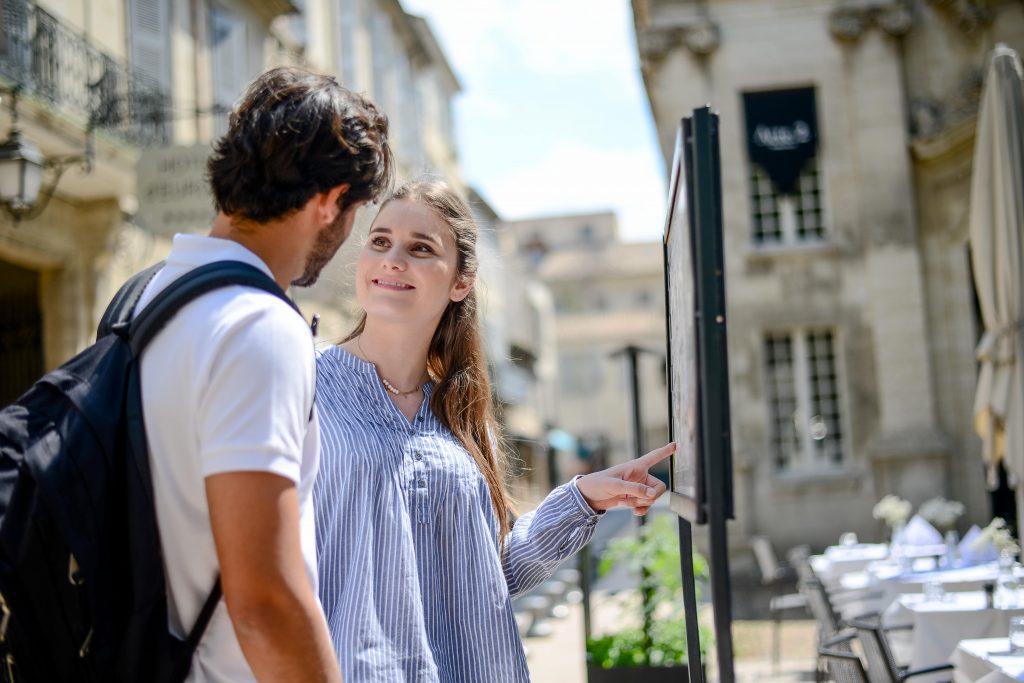Top tips for travelling with someone with Autism
Is your regular travelling companion a friend or family member who has autism? If they are, or if you’d simply like to learn some tips just in case you should ever need them, read on. That’s because this article is full of ideas on how you can make travelling with your buddy or relative with autism smooth-running.
Arrange Priority Boarding
Travel has the potential to be stressful for children and adults alike. That’s because, unlike a routine day at home, there are a lot of unknowns involved with going on a trip, and these have the potential to create stressful situations. Priority boarding at airports is one. Not only will you get onto the aeroplane more quickly but, for the autistic individual, there are fewer unknowns to deal with, such as when you will be called to board or how long you will be waiting in the queue. You can take away some of this uncertainty by choosing the easy option of priority boarding.

boarding ahead of your holiday.
Wear your Sunflower Lanyard
A hidden disabilities lanyard can make travel a lot easier for you and your travel companion. It might not be immediately obvious that your friend or a family member has autism, but the sunflower lanyard signals this in a discreet way. The lanyard is completely voluntary and can be worn to smooth your path in airports, train stations and shops in the UK, where the scheme is recognised. Click here to see how the Sunflower Lanyard can help during the pandemic.
Use Club Lounges
Because they tend to be much quieter and have far fewer crowds, access to a club lounge can be a nice option for you and a companion who has autism. There are the sights, sounds, smells and feelings which come with large crowds, and a club lounge can offer a haven away from the throngs. You can’t control the stimuli which are presented by places with large crowds, but having a slightly quieter area to retreat to can help to pass the time between check-in and boarding.
Practice Trips
One way of preparing an autistic individual for what lays ahead on a trip is to practice by taking them to some similar environments in the preceding weeks. This can help them to get used to the wave of stimuli which can be encountered when travelling. That could mean taking them to new places such as restaurants, parks or museums. If you see them worrying or ‘zoning out’, you could provide verbal clues which can help them to ‘snap out’ of their current state and take more note of the environment around them. When it comes to your trip or holiday, this can help your autistic companion get more from the experience.
Shake up your menus
It can be a good idea to start varying your food in anticipation of your trip because it’s only natural that you’ll eat some unfamiliar food on your travels. You could find new recipes and try them out, preferably with the help of the individual! They could even help you to cook, too. It all goes towards helping your companion feel more at home trying out new food during the trip.

different foods on holiday.
Try and stick to a route
We can all benefit from a daily routine and, for autistic children and adults especially, it can help to try and replicate the routines you have at home while you are away. Your autistic companion can benefit from the familiarity, and things which they recognise from their home life. This serves to reduce stress and anxiety, helping them to feel more in control.
Perfection is usually unattainable
If you are striving for perfection on your trip, you might be setting your standards too high. That’s because anything can and will happen on a trip away, and that is no exception when you are with an autistic child or adult. If travelling with an autistic companion does not go as you had hoped the first time around, fear not. Don’t give up. Analyse where you went wrong, and you can be sure that it will go more smoothly next time around. Travelling is an acquired skill, so ensure that you give it a chance.
To leave you with one parting offer of advice, try to do as much advance planning as you can. This will put your mind at ease on many details of your trip, leaving you to concentrate on the ‘here and now’.

